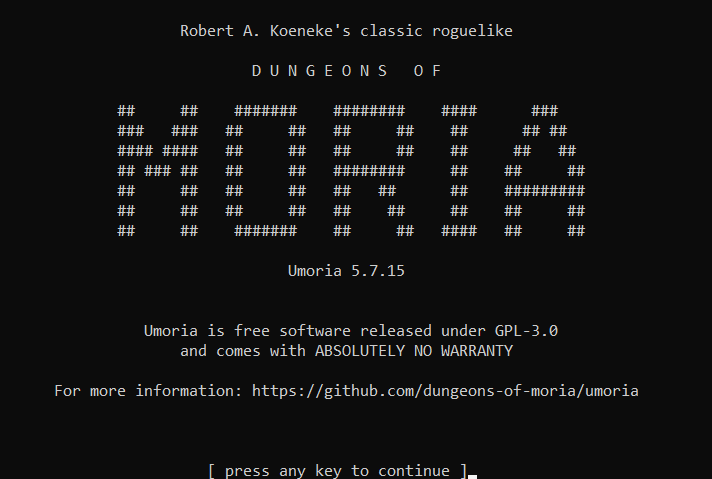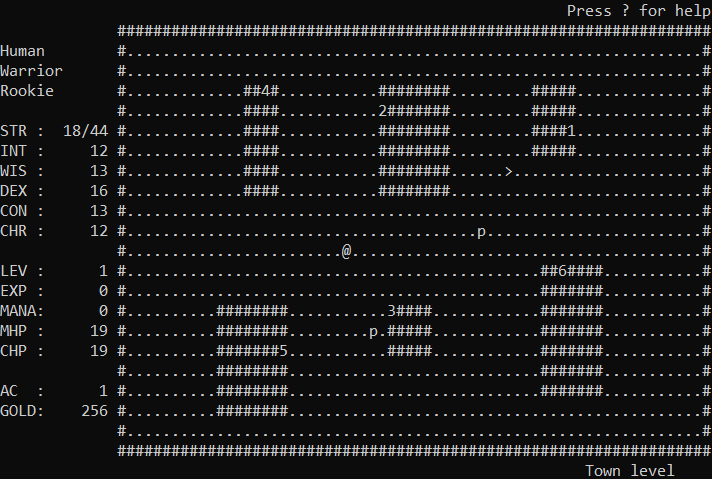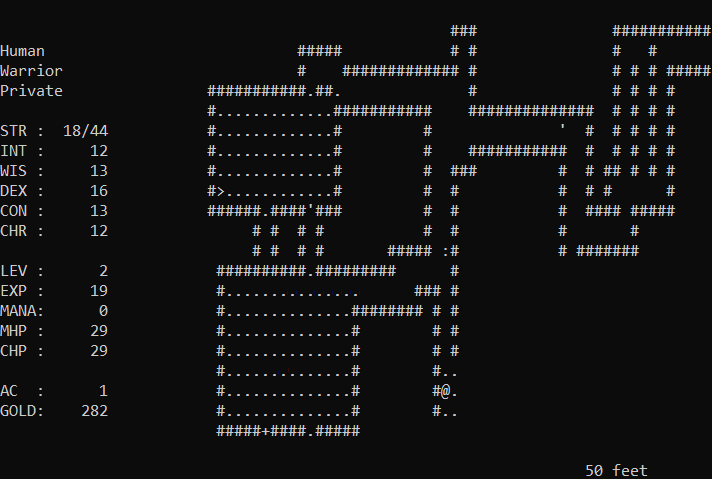I had been afraid something like this had happened. A friend found an announcement on Twitter, but it’s a cesspool these days and I never go there any more so it had escaped my notice. Here’s the obituary.

He had been ailing for some time, and had struggled with Crohn’s Disease his whole life. Then he was diagnosed with cancer, and fought it bravely. He had finished radiation treatment a couple of months before, and was hopeful for a recovery, but it was not to be.
I never met Matthew in person, but we talked on Twitter, Mastodon and Bluesky a bit. He was an early Metafilter member, and had a smaller user number than I do. He was also an early user of the ancient proto-wiki site Everything2.com. He got a job writing for the gaming site Kombo.com, which closed in 2011. He kept a large following though and brought them over to his personal gaming site, Press The Buttons, and ran a long-lived podcast called Power Button. Both of these things are still online, for now at least. The internet is not forever, so enjoy them while they’re up. His About page at PTB has links to much of his writing, but also many dead links, that disappeared when Kombo went dark.
Matthew Green put a link to us in Press The Buttons’ sidebar, which we greatly appreciated. In addition to our own sidebar link, we’ve put up content found through Matt four times, which can be found via the pressthebuttons tag here. Most notable of these was fairly recent, where he helped spread the word about an amazing fan-made recreation of the tracks from the lost Satellaview version of F-Zero. They were recreated by a computer program run on VHS video of a play recording of the tracks, an amazing feat. He interviewed the creator of the hack for PTB. It’s still interesting to read, so again, go see it while you can.

I’m sure there’s many important things left to say, it’s impossible to summarize someone’s life without leaving out a great deal. This will have to do for now.
This is from the “Who is Matthew Green” text from Press The Buttons:
“Matthew Green, 43, is the owner and editor-in-chief of Press The Buttons and co-host of the the Power Button podcast along with his industry pal Blake Grundman. You may have seen Matthew’s work at places like PlayStation LifeStyle, GamesRadar, & The Industry magazine, and publications such as Kotaku and 1UP have asked him for quotes. He was also the the co-host of the short-lived Press The Buttons video show with Robert Alsbrook produced in conjunction with IzonOrlando.com. Previously he was the Assistant Director of Reviews for Kombo from 2004-2010 where he reviewed upcoming video games and worked with the Kombo Review Team to craft better reviews. He also previously served as a panelist for the Kombo Breaker podcast with Brad Hilderbrand, Joey Davidson, and Dan Johnson.
“Matthew has a Bachelor of Science in Engineering in Information Technology with a minor in Creative Writing from the University of Central Florida. By day he is a Technology Coordinator, an enjoyable job involving preparing 3D renderings and 2D site plans of conceptual designs for future construction and some light data mining. These tasks seldom feature creative writing activities, however, so that must be why he spends so much time writing for various projects outside of the office. If you believe that Matthew’s unique point of view could enhance your gaming-related product or publication, feel free to e-mail him.”
Now it’s too late now to hire him, and we’re all the worse off for it. Farewell Matt! I wish I could have gotten to know you better.




